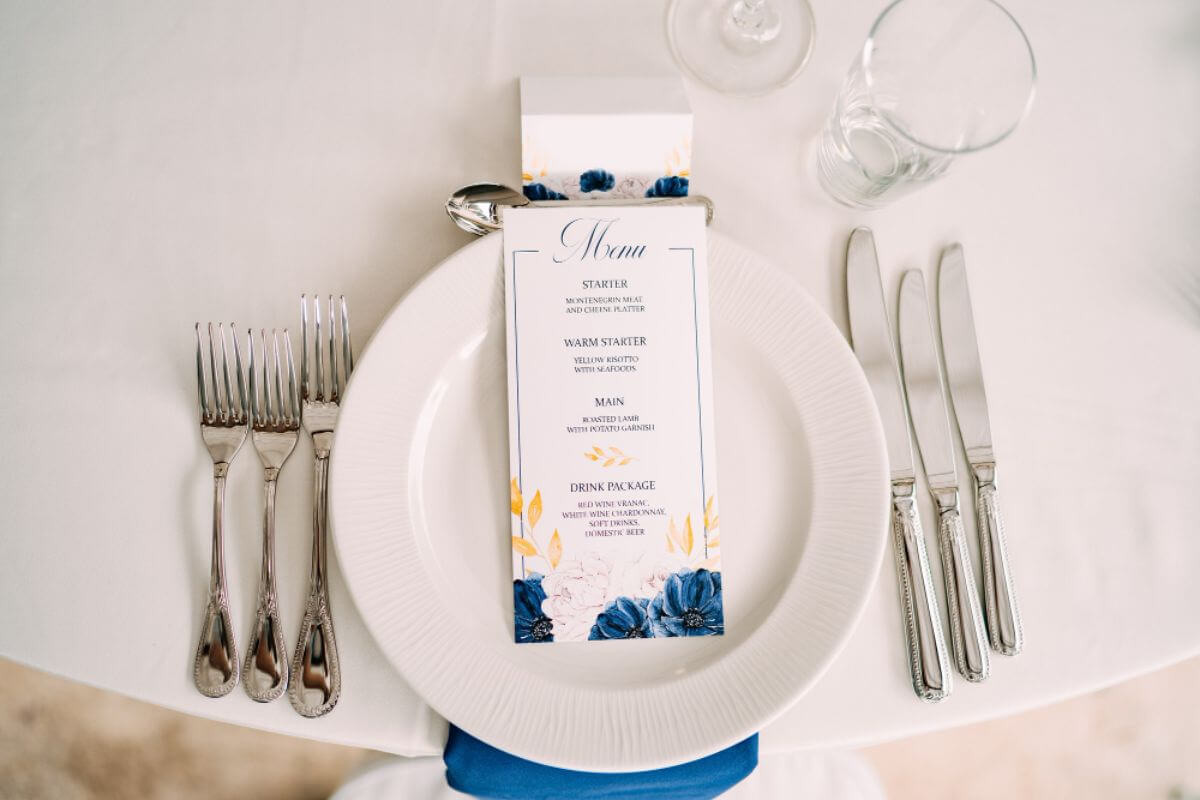Tips for Writing Your Wedding Vows

Food is serious business, especially when it comes to deciding on food catering for your wedding. But what’s even more important are the wedding vows you make to your betrothed. This is what encapsulates years of love in the past and promises years more of that love in the future.
Unsurprisingly, many people find it difficult to put these vows into words. After all, most people simply feel the love and act upon it naturally. Hardly anyone puts each of these countless moments and feelings into words every single day. There’s no shame in blanking out each time you attempt to start writing your vows. However, it’s time to get serious and actually do it. Here’s a quick guide to give you the nudge you need.
Create a Vow Plan
What’s bound to happen when one person is used to discussing what they feel and what’s on their mind, while the other is more reserved? Uneven vows. Even if your differences aren’t this severe, a couple might not have the same expectations when it comes to the vows.
As such, it’s good to discuss beforehand certain aspects of the vows. Set an approximate minimum and maximum word count. Put on the table things that are off-limits such as particular stories or jokes. Agree on a tone (one might write a serious vow while the other makes a comedy out of the whole thing.) Set a due date – better yet, schedule when the two of you will write the vows. Maybe right after cake-testing, when you’re both feeling incredibly blissful?
Reflect on Your Love
Sometimes you’re just too close to the picture. Take some time apart from your future spouse to reflect on your relationship. Think of what makes the relationship special to you and what makes this person special to you. Write down the ones that stand out. Don’t worry, this isn’t going to be your vows yet, just a guideline.
Afterwards, spend time with your fiancée and take a trip down memory lane together. Think of the best and worst days you’ve had as a couple, the moment you got engaged, and the moment you knew that you really wanted to get married. This will help solidify what you actually want to put into words.
Describe Your Love
Easier said than done, obviously. But if you’ve managed to successfully jot down snippets of your feelings, then all you need to do is follow a few tips:
- Choose the best adjectives that describe him/her. From here you can say why you used these adjectives. One best ways to do this it to…
- Use examples. Like if your future spouse is very spontaneous, you might talk about the time he/she surprised you and how it made you feel.
- Think of the rough times. Everyone enjoys love when they go through good times, but going through and conquering bad times is where true love shines. Talk about these moments and how you both became better because of each other.
Be Yourself
Rule number one is to make sure that everything you say is accurate and true. Rule number two is to make sure that your true self is still reflected in your vows. It might not be so believable otherwise!
Avoid Clichés
These can make your vows seem impersonal and like you just got ideas from a movie. Be original – however, don’t bend over backwards just to avoid clichés. If you really feel that your partner is your “best friend” and that is something you’d like to mention, then go ahead and say so. It may be cliché but you can find your own spin at the delivery. Make it a rule of thumb to make your vow written in a way that only you could have.
Get Feedback
Feedback is good for improving anything, including your vows. When you finish your first draft, you can go to your best friend, parents, or anyone you trust and practice saying it in front of them. If that’s too difficult, you can at least just let them read it. Ask them which parts they like and which parts can still be improved. Revise your vows only if you feel there is a need. Getting some feedback is good but in the end, it’s what you and your spouse thinks that matter most.
Remember that these are guidelines and not rules to writing a wedding vow! Bend and break them as you wish if that’s what works best for you and your partner. Here’s an extra tip though: find time to rehearse your vows to avoid stammering on the big day. Good luck and congratulations!



